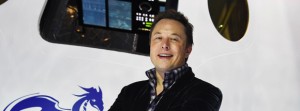Play is magical. And profound. Not only is it essential to our growth and development when we are children and a source of joy throughout our lives, but it is also a largely untapped channel for innovative ideas in the work place.
Play is essential to the survival of organizations in a complex and fast-changing marketplace, as it is a key factor in creativity and agility. I have used play to help people become more creative, deal with challenging emotions like self-consciousness or even fear, and regain energy, enthusiasm, and hope when their company was going through difficult times. Play opens the doors to our deeper creative potential, helping us achieve change and implement innovative solutions.
Excerpted from The Intuitive Compass, Jossey-Bass, 2011


